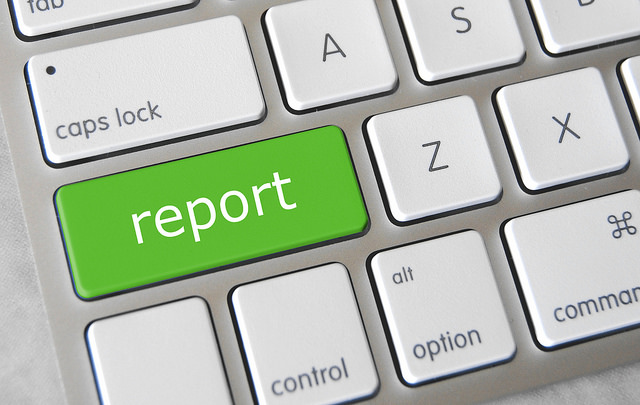
Represenative Leonard Lance (R-N.J.) and Representative Mike Quigley (D-Ill.) have introduced a bill that would grant public access to Congressional Research Service reports. The Equal Access to Congressional Research Service Reports Act is a commonsense piece of legislation.
American taxpayers are the ones who finance CRS, yet are not allowed access to the reports CRS produces. Only those who are well connected or work in a Congressional office have access to these reports. However, this is not the norm. Other government agencies, such as the Congressional Budget Office, freely publish their work and make it accessible to everyone.
Americans for Tax Reform supports Rep. Lance and Rep. Quigley’s piece of legislation and urges all members of Congress to support it as well. Read the letter here or below.
May 1, 2017
The Honorable Leonard Lance
United States House of Representatives
2352 Rayburn House Office Building
Washington, D.C. 20515
The Honorable Mike Quigley
United States House of Representatives
2458 Rayburn House Office Building
Washington, D.C. 20515
Dear Congressman Lance and Congressman Quigley,
I write in support of the Equal Access to Congressional Research Service Reports Act. This legislation directs the Government Publishing Office (GPO) to create a publicly accessible database of Congressional Research Service (CRS) reports and give taxpayers access to the reports they fund.
American taxpayers pay $100 million a year in order to finance the Congressional Research Service, yet are not granted access to the reports they produce. Each year, experts at CRS complete 1,000 new reports and update 2,500 more, but only those who are Congressional staffers or are well connected have access to these reports.
There is no reason these reports should not be public. Even the concerns CRS has raised do not hold any merit. Granting public access does not mean confidential reports must be released, but only that taxpayers be allowed free, public access to non-confidential reports.
CRS is an outlier when it comes to public access – other agencies like the Government Accountability Office (GAO) and the Congressional Budget Office (CBO) already make their research freely available to the public.
When CRS was founded in 1914, it adopted a policy not to make the reports public because it would cost too much to print and distribute. In the digital age this limitation no longer exists.
Today, copies of CRS reports are already widely found on the web and frequently sent to curious constituents. They are not kept secret, yet are not made widely available.
Public access to CRS reports is a basic issue of transparency and giving taxpayers access to information that will enrich public knowledge.
As such, all Members of Congress should have no hesitation supporting, co-sponsoring, and voting for the Equal Access to Congressional Research Service Reports Act.
Onward,
Grover G. Norquist
President, Americans for Tax Reform

